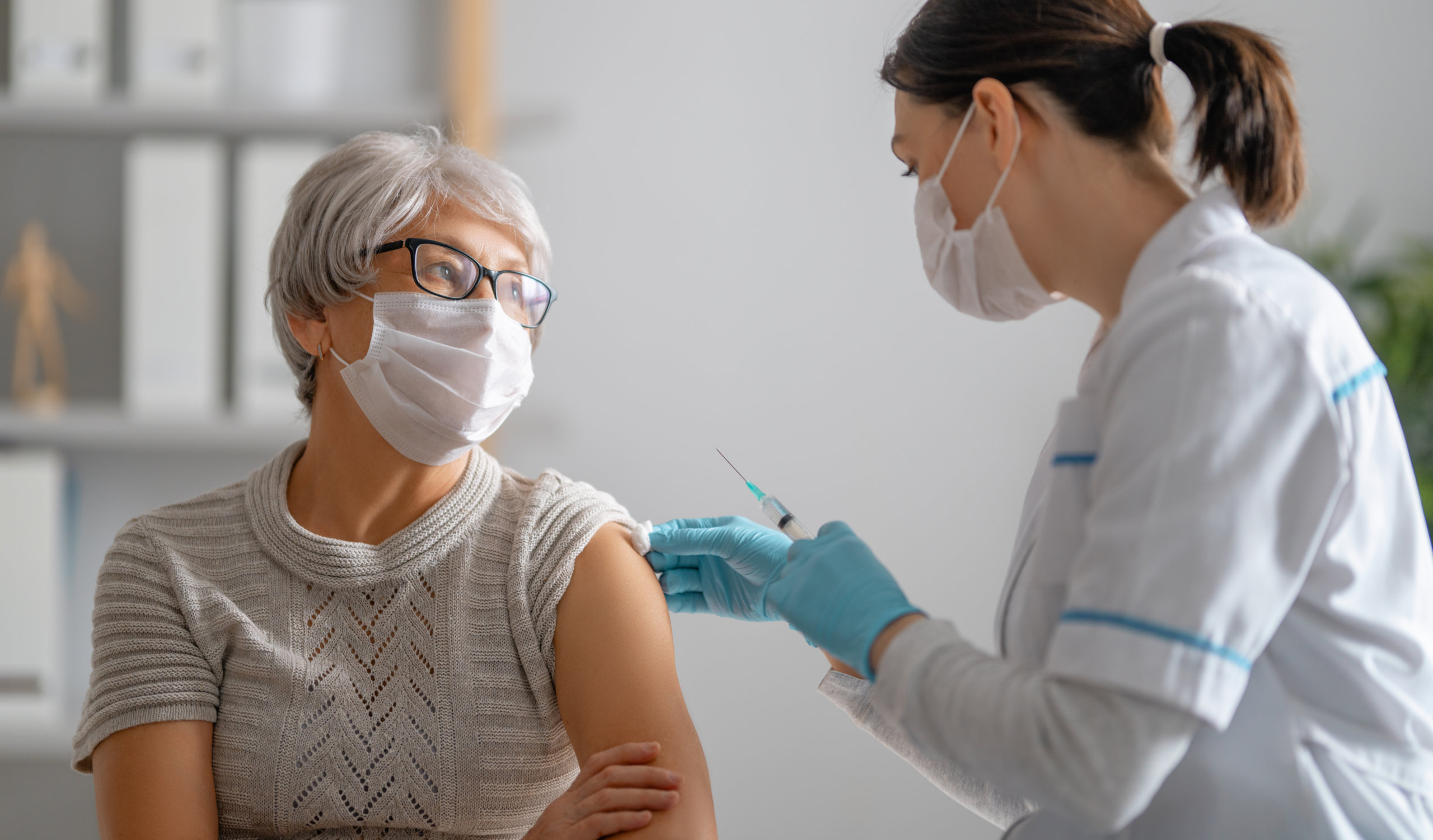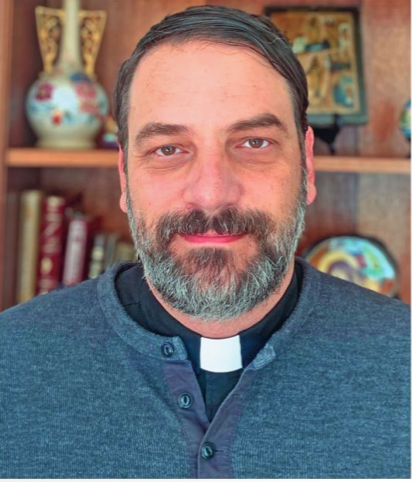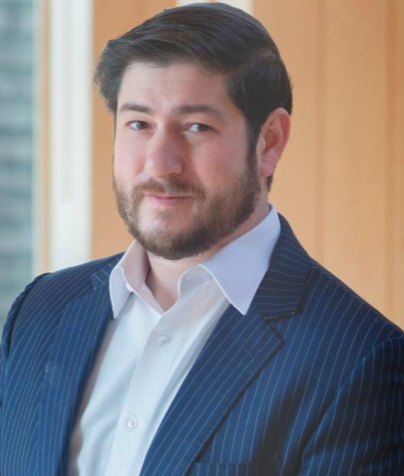Hamptons Soul: The Moral Case for Vaccines

Rabbi Josh Franklin of the Jewish Center of the Hamptons and Father Constantine Lazarakis of the Dormition of the Virgin Mary Greek Orthodox Church of the Hamptons discuss society’s moral obligation to get vaccinated for COVID-19.

Father Constantine Lazarakis
We just hit two big milestones with the COVID-19 pandemic; one is an anniversary and the other a breakthrough. It is now a little over a year since our lives were radically altered by quarantine and shutdown, and finally, vaccinations are approved and more than 100 million Americans have been vaccinated. Like all medical treatments and procedures, it is important that we weigh the moral/ethical implications of a treatment, and while many are being vaccinated, some have voiced concerns. Still others are taking a wait and see approach.
When contemplating these questions, St. Paul’s teachings about interdependence seem particularly relevant to me, and while these tenants are intended for application in the Christian life, I would assert that they apply to all of humanity. St. Paul tells us that we are all “one body” and that, “There should be no division in the body,” that we, “should have equal concern for each other. If one part suffers, every part suffers with it; if one part is honored, every part rejoices with it.” (1 Corinthians 12:26) He also encourages us to “bear one another’s burdens.” (Galatians 6:2) The message here is that we all share in the human condition, and we weather hardship best when we weather it together.
From my perspective, we should all get our vaccines as soon as we are eligible and as soon as possible. The more people get vaccinated, the fewer people will be infected. We not only are preserving our own health when we get vaccinated, we are protecting those who are more vulnerable. None of the ethical arguments against vaccination that I have heard outweigh the moral imperative to protect one another against the pandemic. In so doing, we affirm our commitment to one another as brothers and sisters, children of God.

Rabbi Josh Franklin
No, I’m not a doctor. Rabbis don’t get any education in healthcare. Yet we are often asked to weigh in on issues of medical morality. In this regard, I want to share an opinion that might sound abrasive, but is necessary in the current climate of the coronavirus pandemic: It is a moral obligation for every person to be inoculated with a COVID vaccine.
Many will argue that it is the individual right for each person to make the decision for themselves as to whether or not they should take the vaccine. The great economist, Adam Smith, once believed in what he described as “the invisible hand,” a system in which an individual’s self-interested actions would ultimately lead to greater social benefit. While this might prove true in certain economic systems, it is detrimental to the moral fabric of society. Moral systems require individuals to consider the communal impact of their actions. Vaccination is as much about civic responsibility to protect our neighbors as it is about personal protection.
Back when Edward Jenner invented the smallpox vaccine at the turn of the 19th century, there was a discussion among Jewish authorities about the risk of this novel medicine. The rabbis of the time reached three conclusions that I believe apply today as well: 1. The minimal risk associated with the vaccine was appropriate against the much larger risk of contracting the illness. 2. The greater societal benefit of mass inoculation outweighed the potential adverse reactions of an infinitesimal proportion of the population. 3. Abstaining from the communal effort to save lives was immoral.
When the response to a crisis is a mentality of “every person for themselves,” we see the kind of chaos that erupted during the beginning of the pandemic with panic buying. Our behaviors left the most vulnerable in our communities facing empty supermarket shelves and the inability to fill prescriptions of popular medications. Similarly, people flouted social distance restrictions in favor of their own personal convenience. I implore everyone to consider the needs of the community and to the overall social good as you navigate living under the pandemic. To this end, when you receive the opportunity for a COVID vaccination, it is your moral obligation to take it!



